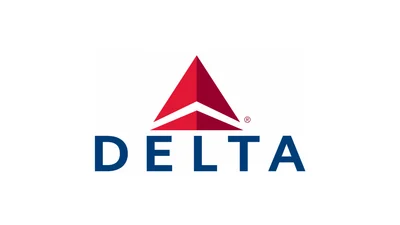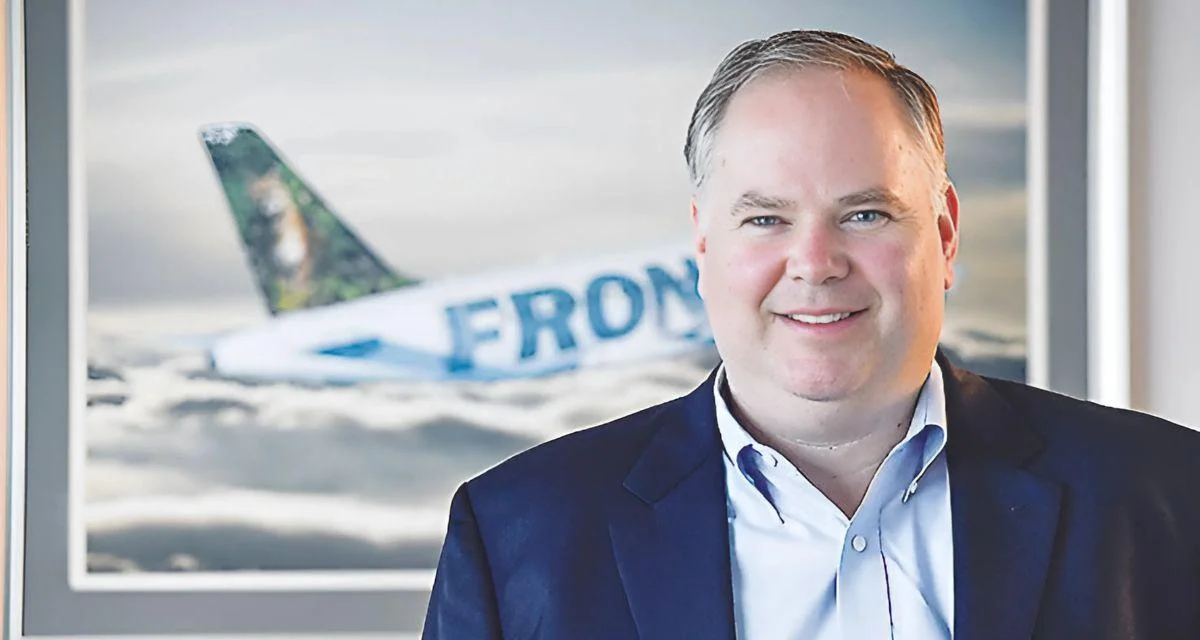The competition between Boeing and Airbus in the widebody aircraft market is intensifying as environmental concerns and operational efficiency become increasingly important for airlines. Boeing's upcoming 777X program is positioned as an environmentally progressive aircraft, promising lower emissions, reduced operating costs, and enhanced passenger comfort. These features have the potential to influence how airlines make significant fleet investment decisions.
The rivalry between the Boeing 777X and the Airbus A350 highlights a broader shift in the industry. While Airbus maintains a strong position with its A350—an aircraft known for fuel efficiency and comfort since entering service in 2015—Boeing aims for the 777X to surpass its competitor with new wings, folding wingtips, and advanced GE9X engines designed to cut emissions further.
Industry observers note that if the 777X fulfills its promises, it could change long-haul market dynamics by attracting orders away from Airbus. “Emirates has reinforced this view by calling the 777X the 'backbone of our future fleet,' while Lufthansa highlighted its importance for reducing emissions and offering better passenger experiences.” These statements from leading airlines increase pressure on Airbus to enhance its own offerings.
 Alerts Sign-up
Alerts Sign-up




































